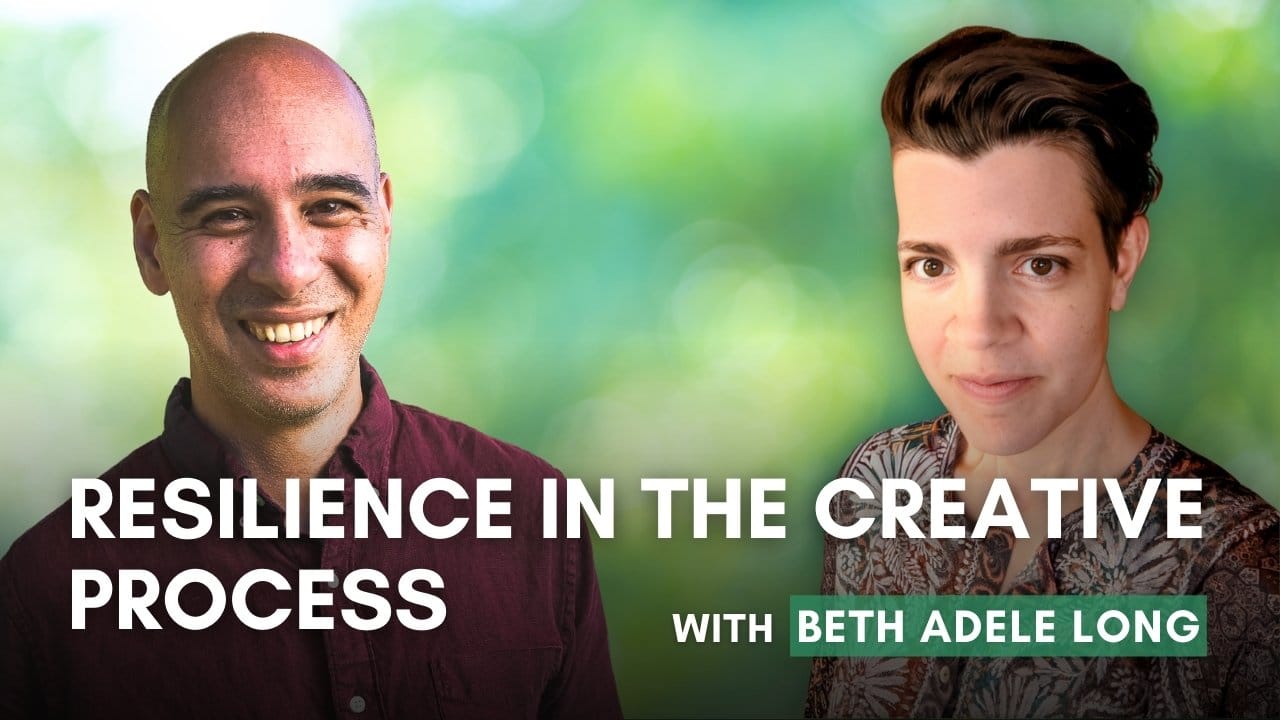The Line of Words
I realized I was less interested in justifying or correcting myself, and more interested in my own reactions. Why was I so distressed that one comment in an hour-long interview might annoy some imagined listener?

When you write, you lay out a line of words. The line of word's is a miner’s pick, a wood-carver’s gouge, a surgeon’s probe. You wield it, and it digs a path you follow. Soon you find yourself deep in new territory. Is it a dead end, or have you located the real subject? You will know tomorrow, or this time next year.
Annie Dillard, The Writing Life
So begins Annie Dillard’s The Writing Life, a book that has been my creative north star for two decades. This passage came to mind after Leo Babauta interviewed me about writing and feedback.
The interview itself was beautiful. For the hour we talked, I dropped out of thinking thinking thinking, into an easy flow. I didn’t have notes or talking points, I didn’t freeze up or stress about what to say next, I just listened to Leo’s questions and said whatever wanted to be said. It was a joy. I’ve been cultivating this ability to stay present and flow in the now; doing so was even easier because I know Leo well and because he’s incandescently curious and open-hearted. The interview felt effortless.
Then five minutes after we ended the call, my mind started back up again. Naturally, the mind gloms onto perceived mistakes instead of resting in the whole.
I remembered saying something like “I don’t have time for that,” in reference to people who labor on their books for years before they show it to anyone. I began to fret. Was that going to sound cavalier? Would I sound naive, impatient, judgmental, impertinent?
I began writing a blog post (an earlier draft of the very post you’re reading) to assuage my anxiety. “Aha!” the mind said. “If I messed up I can still fix it! I will set things right!”
But a funny thing happened as I labored over my explanation, as I followed the line of words. I was less and less interested in the process of justifying and correcting started, and more interested in studying my own reactions. Why was I so distressed that one comment in an hour-long interview might annoy some imagined listener?
When I stopped, noticed that writing an explanatory post felt heavy and dull. Like dragging a pile of wet blankets across a parking lot.
A daring thought popped up. What if someone needed to hear that line I was so worried about? What if some random listener heard me sa “I don’t have time for that” and got inspired to put their own project out their with more boldness? What if what I said did piss someone off, and that annoyance motivated them to slow down with their own project and give their writing the protective space needed for it to flourish?
I have this epiphany over and over and over again, and no doubt will have it a million times more: control is overrated. “What other people think of you is none of your business.” “Let go and let [divine character of choice].”
So instead of an explanation, a meditation. As with writing, so with interviews: I wield the line of words, and it digs a path I follow. It is so much easier, so much more joyful and powerful, to trust the line of words to take me where it wants to go.
If you’d like to hear or watch the interview, check it out here:
